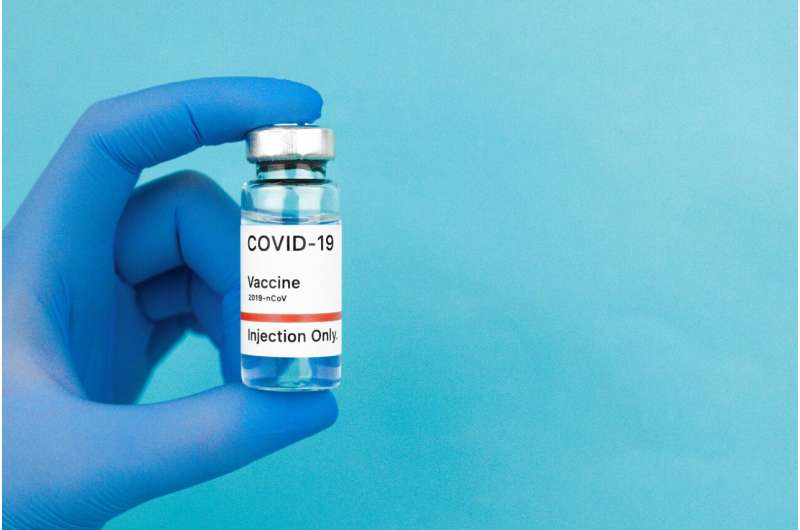Colorado Leads the Way in Revising Vaccine Policies Amid Federal Changes

Colorado is leading a state-driven effort to reform vaccine policies amid federal shifts, emphasizing scientific independence and vaccine access amidst political changes.
In response to ongoing shifts in federal vaccine policies, particularly those associated with Health and Human Services Secretary Robert F. Kennedy Jr., several states have begun to independently update their immunization strategies. While the CDC traditionally guides vaccination practices nationwide, states like Colorado, California, Hawaii, Oregon, and Washington are taking matters into their own hands to preserve vaccine access and tailor guidelines to their populations.
Colorado has been at the forefront of this movement. In March, its legislature amended laws to allow the state to consider medical input from organizations beyond the CDC, such as the American Academy of Pediatrics and the American College of Obstetricians and Gynecologists, for setting school vaccine requirements. This shift was driven by concerns over increasing politicization of vaccine science and the departure of CDC members replacing traditional experts with skeptics. Subsequently, in September, Colorado authorized pharmacists to administer COVID-19 vaccines without a prescription, bypassing federal regulations.
Governor Jared Polis emphasized that his administration would not allow federal decisions to hinder vaccine access. Meanwhile, Colorado's actions build on earlier steps. The state’s legislature also passed measures to ensure insurance coverage for vaccines, supporting ongoing immunization efforts amid federal changes.
The move away from exclusive reliance on federal guidance reflects a broader trend of states asserting more control over public health policies. These efforts are motivated by concerns over misinformation and political interference, aiming to maintain public trust and health safety. Despite some tensions—such as the replacement of CDC advisory panel members—many experts see Colorado’s approach as a proactive step in safeguarding vaccine access.
Importantly, Colorado continues to recommend COVID-19 vaccination during pregnancy, aligning with the American College of Obstetricians and Gynecologists’ guidance, even as the federal government removed COVID vaccines from its recommended list for certain populations. The upcoming ACIP meetings are expected to clarify further recommendations, but the state’s independent stance signals a significant shift in public health governance.
This evolving landscape underscores an increased emphasis on state-level decision-making in vaccination policies, highlighting both challenges and opportunities in ensuring equitable health protections for all residents.
Source: https://medicalxpress.com/news/2025-10-wary-rfk-jr-colorado-revamping.html
Stay Updated with Mia's Feed
Get the latest health & wellness insights delivered straight to your inbox.
Related Articles
Post-COVID Lung Abnormalities Commonly Improve Over Time, New Consensus Confirms
Expert consensus reveals that lung abnormalities after COVID-19 infection typically regress or stabilize over time, with severe fibrosis being rare. This guideline helps improve diagnosis and management of long COVID-related lung issues.
Promising Role of GLP-1 Therapies in Combating Alcohol and Drug Addiction
Emerging research suggests that GLP-1 receptor agonists, known for treating obesity and diabetes, may offer new hope in addressing alcohol and substance use disorders by modulating neural pathways involved in addiction.
Is It Still Worth Getting a Flu Shot in 2025?
Learn why getting a flu shot in 2025 is still highly recommended, even as the season peaks and extends. Protect yourself and those around you by understanding vaccine effectiveness, safety, and timing.
Targeting Tumor Cell Stemness: A New Strategy in Colon Cancer Treatment
New research uncovers how enhancing the activity of CDX1 and CDX2 transcription factors can suppress tumor cell stemness in colon cancer, offering promising therapeutic targets to improve treatment outcomes.



